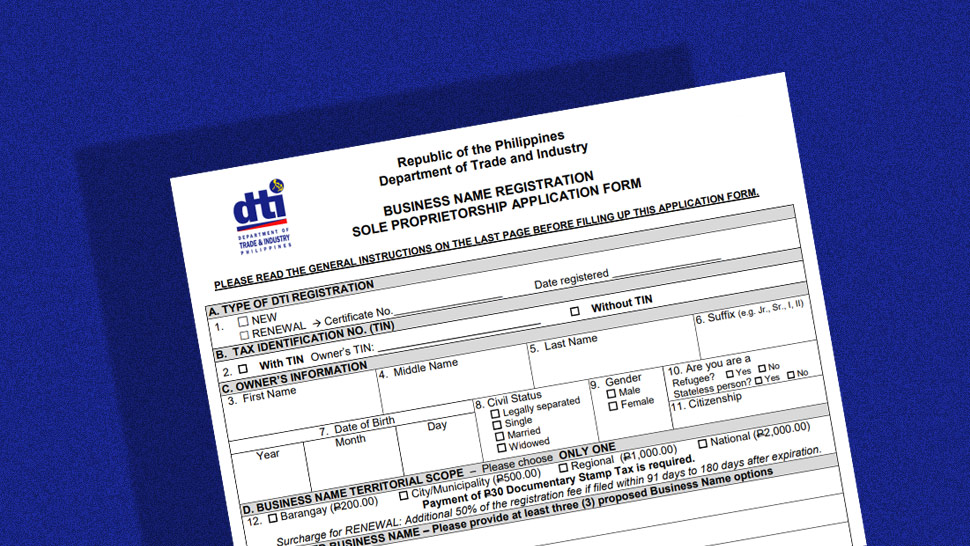All businesses will need a license to operate legally within the city or a province. There is fair amount of paperwork that needs to deal with. Ignoring the need for licenses and permits for the business may sure lead to failing to do so the right from the beginning. The entrepreneur cannot operate his or her business in an area that is not a zone for the nature of the business unless there is a permit.
Getting a business permit
A business permit is a legal document that certifies proof of compliance with the city or province and legitimacy of the business. Having this permit means that the business has the permission to operate where it is registered.
Business Permit Requirements
The process of acquiring a business permit in every municipality or city may not be similar to each other since not all have the uniform directive and regulation being scrutinized. Here are the primary business permit requirements in the Philippines include:
- Certificate of Business Registration. For sole proprietors
- Barangay Clearance and Certificate. This can be process from the local barangay area. The applicant must present a photocopy of SEC, DTI, CDC registration, and a contract of lease, and will pay a minimal barangay clearance fee.
- Community Tax Certificate or cedula. This can easily acquire at the City Treasurer’s office at the City Hall. Usually the requirements for this are accomplished application form, must be at least 18 years of age, and payment.
- Contract of Lease. This is a proof of business existence and location.
- Transfer Certificate of title or Tax Declaration. If the property is owned.
- Locational Clearance. This is a proof of the zoning ordinance. It is usually release within 3 days to 5 days if an investigation or inspection is necessary. This can be get at the zoning office located at your city hall and ask for the application form and the requirements needed. Usually, the requirements needed are sketch or pictures of the business location, building permit, notarized contract, certificate no of renovation, declaration of real property tax, and certificate of occupancy.
- Sanitary permit. It is required to secure a sanitary permit to make sure of following the quality of the Sanitary Code of the Philippines. Usually the applicant will be ask to present a 1×1 picture together with a chest x-ray, medical certificate and sanitary inspection fees.
- Authorization Letter. This is a proof that the person has the right to transact on behalf of the business owner.
- Fire Permit. The following documents are ask to have this processed, these documents are building permit, barangay business clearance, building plans, and recommendations from fire safety inspectors.
- 2 valid IDs
Procedures in Obtaining a Business Permit
The basic or general steps in acquiring a business permits involves the following:
- Go to the Office of the Mayor in the city hall or municipal hall. Politely ask someone who could be wiser to where to process and secure a business permit.
- Properly proceed toward the person-in-charge and let him or her ask about the business permit. The applicant or employee will be receiving a new business application form.
- Prepare and secure the initial and necessary requirements needed such as the application form, certificate of registration, contract of lease, and more.
- Present the application form together with all of the requirements. The person-in-charge will evaluate all of the requirements the applicant submitted. There is a possibility for an additional requirement depending on the nature of the business.
- After the requirements being evaluate, the applicant will pay for the fees to the Treasury Office.
- Wait for further guidelines and instructions and claim for the business permit.
Other requirements depending on the nature of the business
- General Business License
- DBA or “ Doing business as”
- Sales Tax Permit
- Home Occupation Permit
- Zoning Permit
- Professional or occupational licenses
- Federal and state tax identification number
- Energy Regulatory Board
- Pest Control License
- Bureau of Food and Drug Administration Permit
- Accreditation by the Department of Trade and Industry
- Real Estate Broker’s License
- Public Liability Insurance
- National Grains Authority License








Leave A Comment